Faculty News
A team of researchers at Alexandria University contributes to providing awareness messages to confront children's dental caries

As part of the Faculty’s mission to serve the community using the best scientific evidence, a team of researchers from the Department of Pediatric Dentistry and Dental Public Health developed a series of health education text messages and videos for mothers of preschool children to brush their children’s teeth. The development of the messages and videos is part of a comprehensive study aimed at addressing the problem of early childhood caries, which is one of the most prevalent health problems in children of this age group in Egypt (https://pubmed.ncbi.nlm.nih.gov/34991701/). The messages are based on the social and subjective norms construct of the Theory of Planned Behavior, and the videos are based on the attitudes construct in the same theory. The research team consists of Dr. Merna Ehab, Dr. Nour Ammar, Dr. Hams Hamed, Dr. Nourhan Ali, Dr. Amira Elwan, Prof. Wafaa Essam and Prof. Maha El Tantawi.
The images show the messages and the videos are available in the study's YouTube channel https://www.youtube.com/@user-jl6lh9xo5h/videos

Faculty of Education Celebrates its 53rd Class Graduation
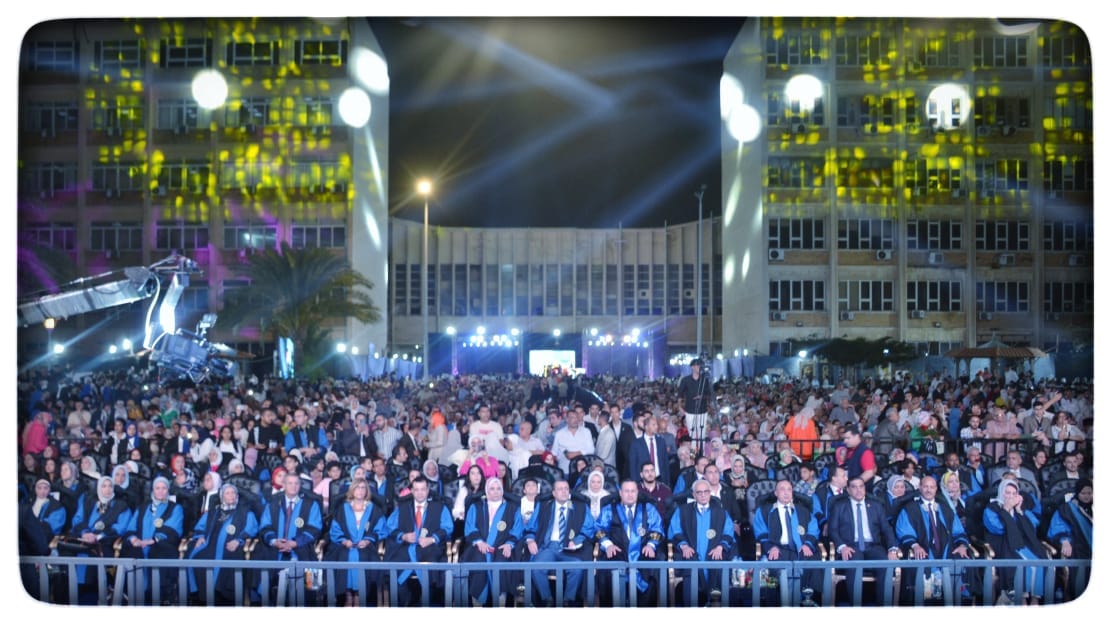
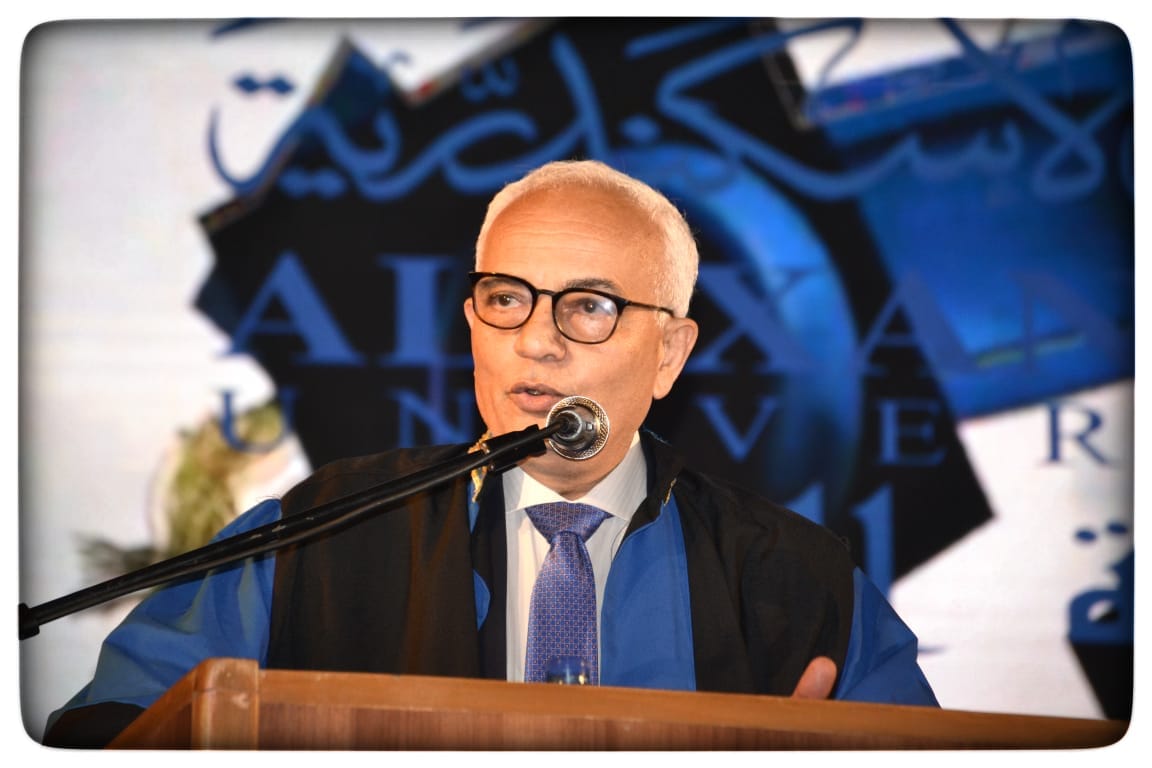
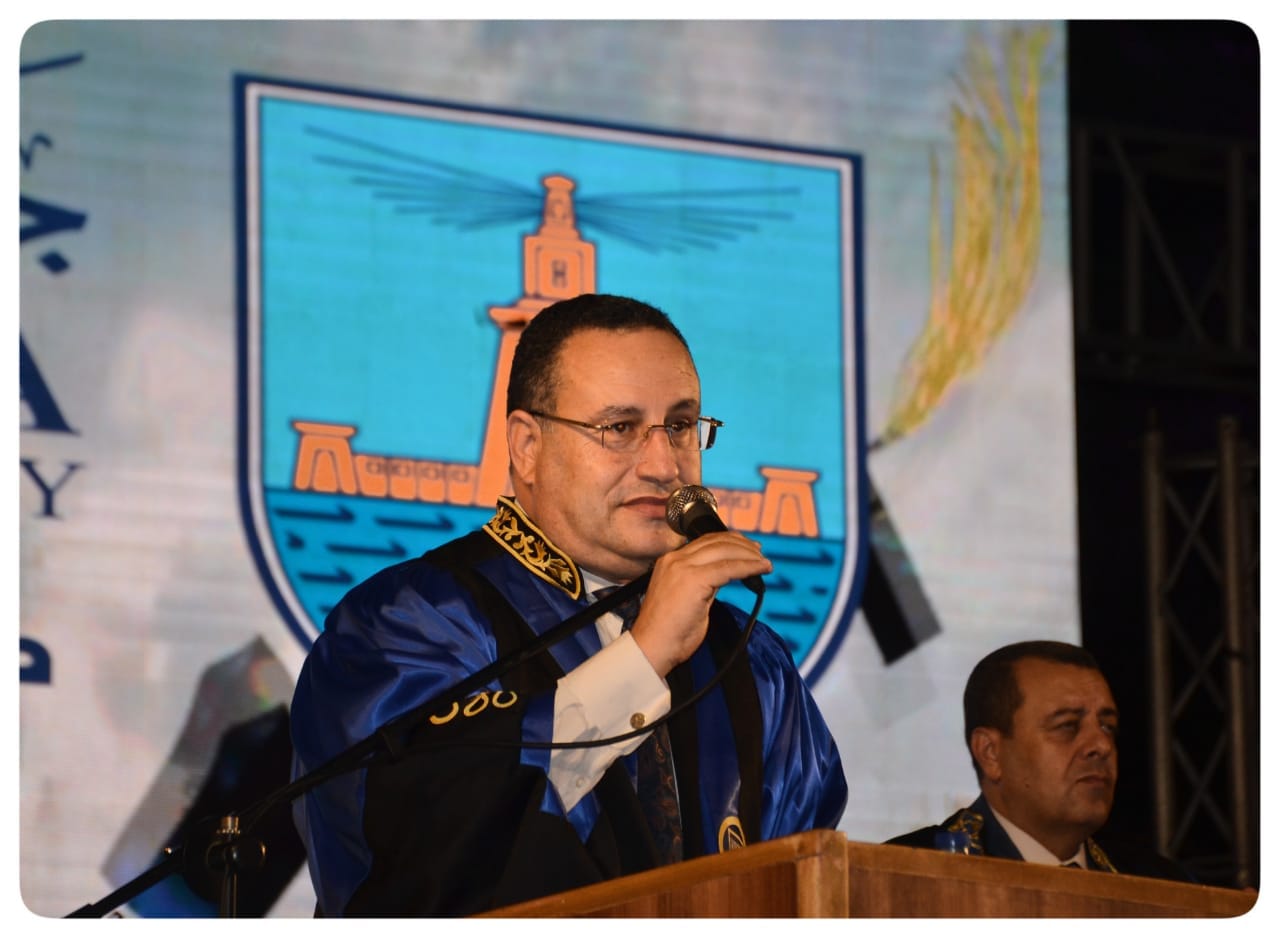
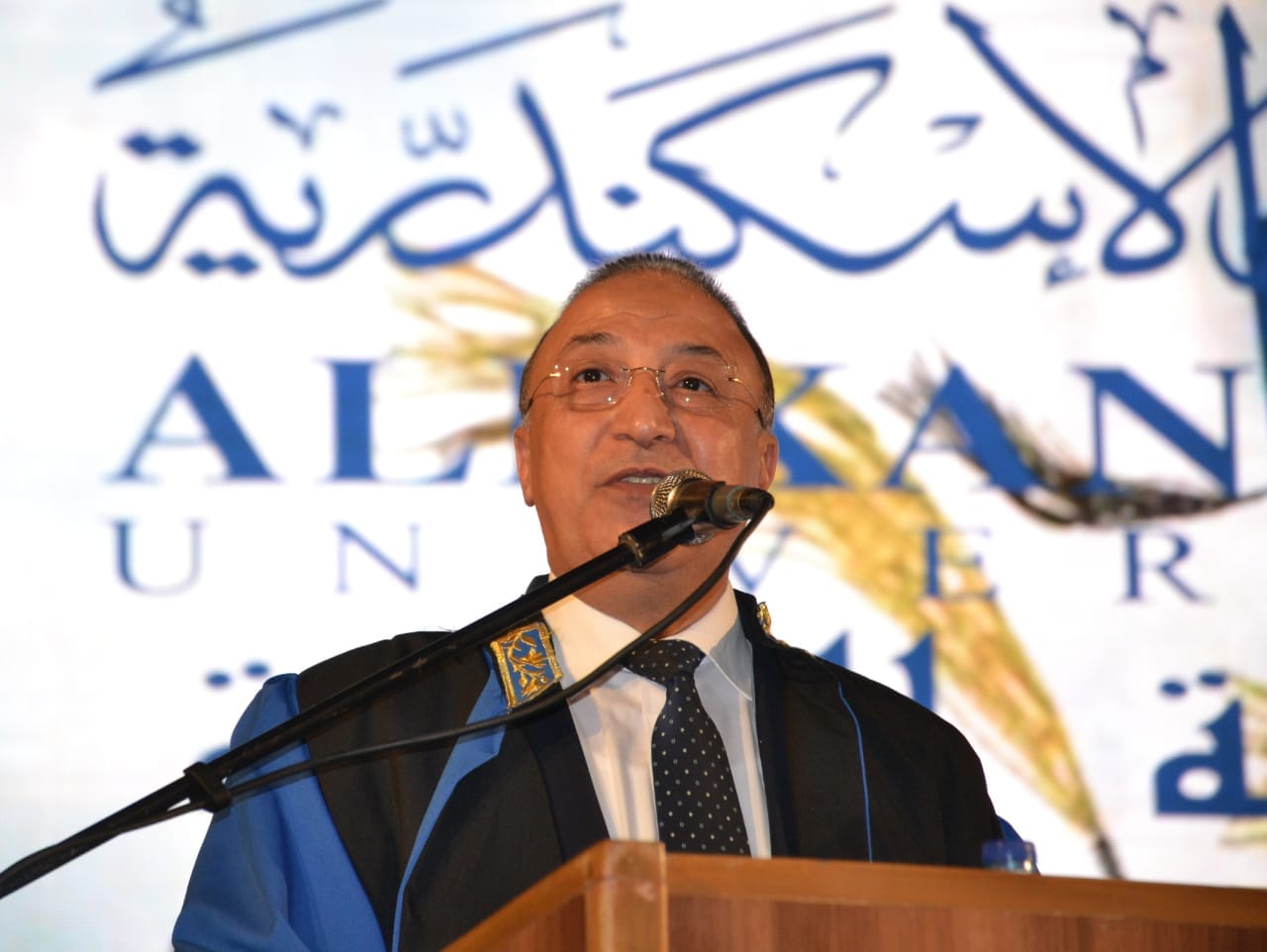
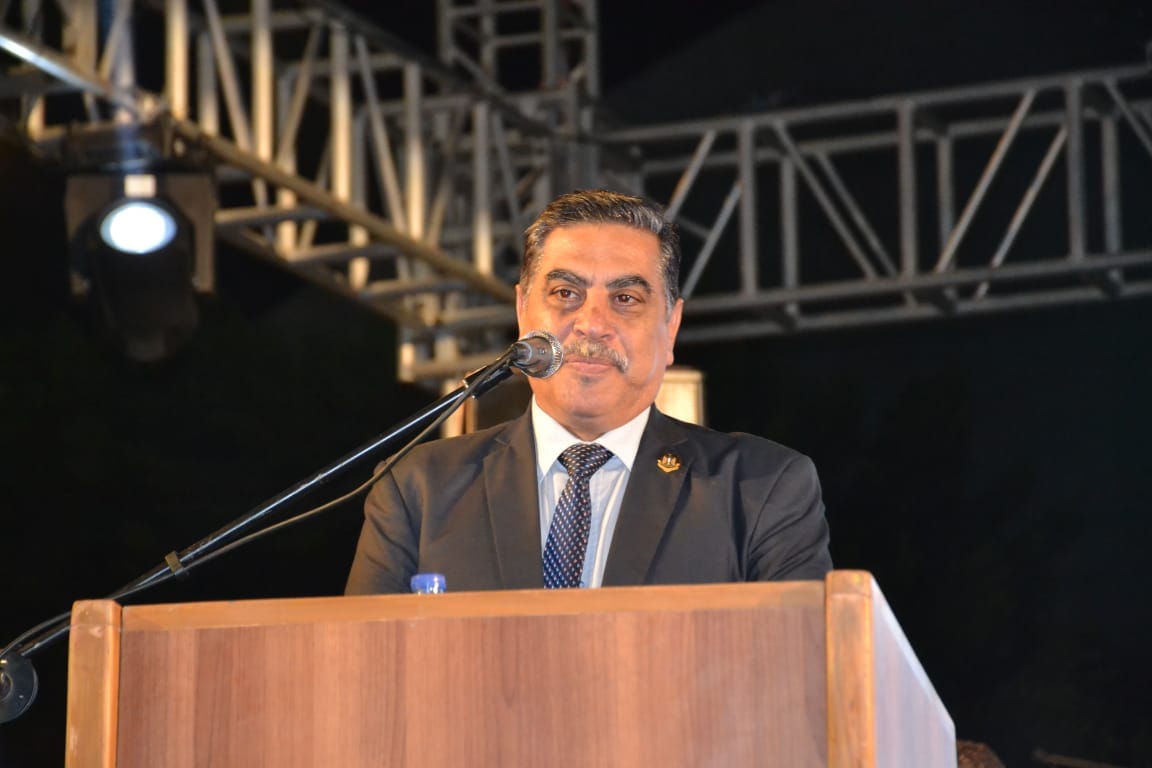
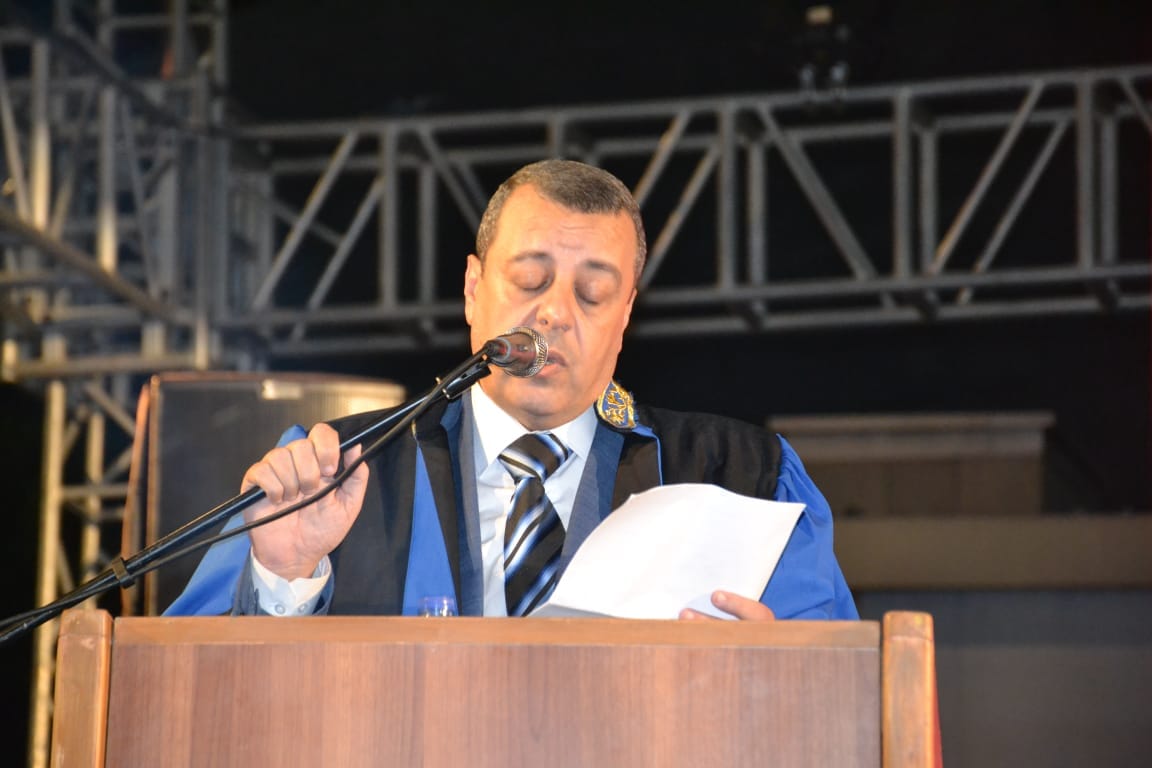
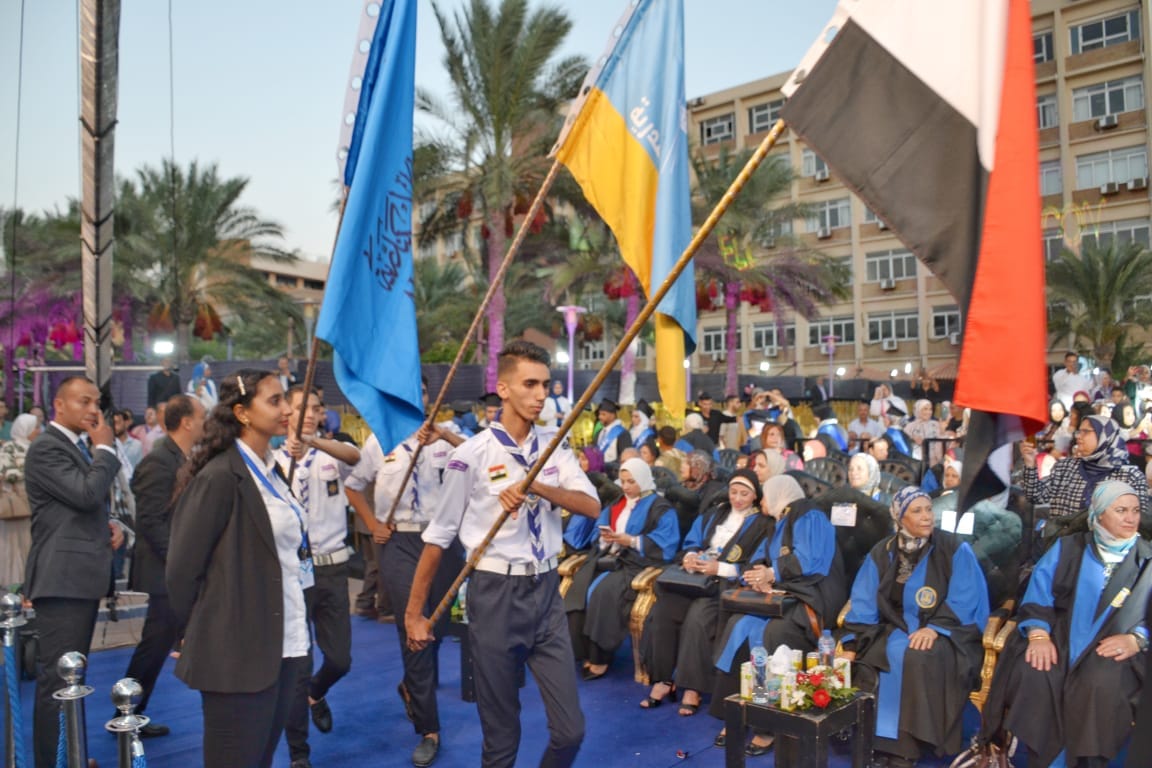
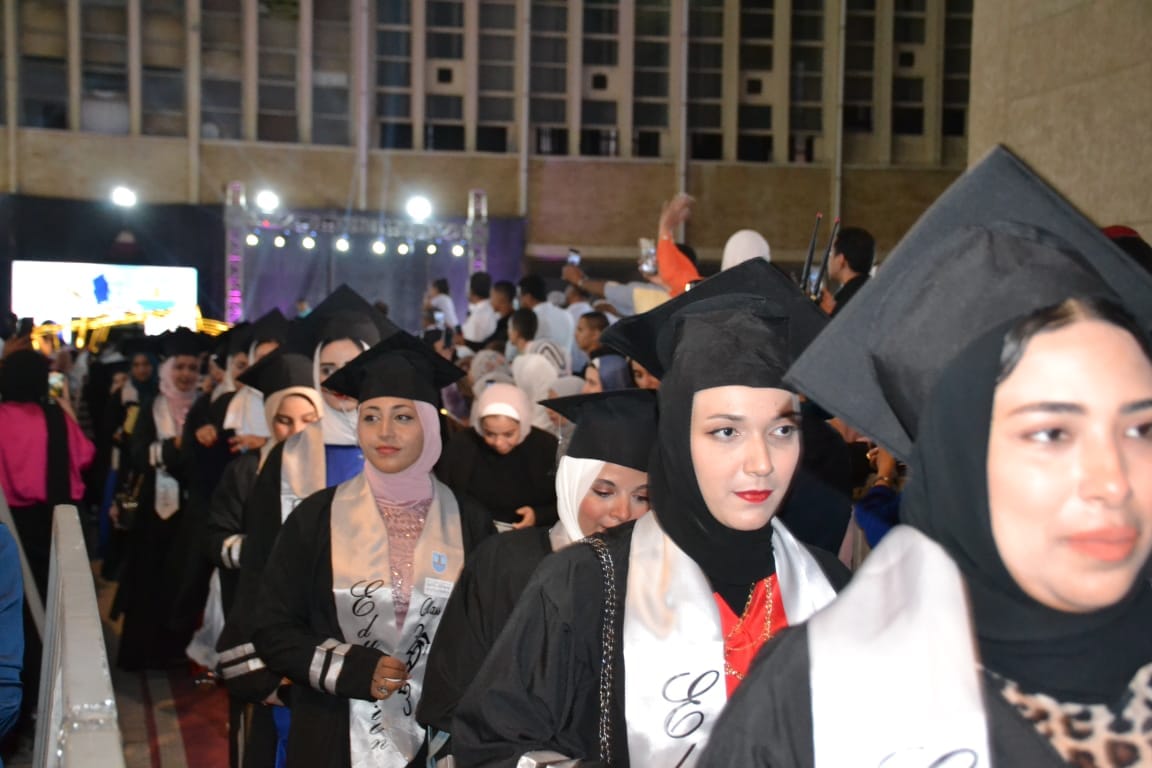
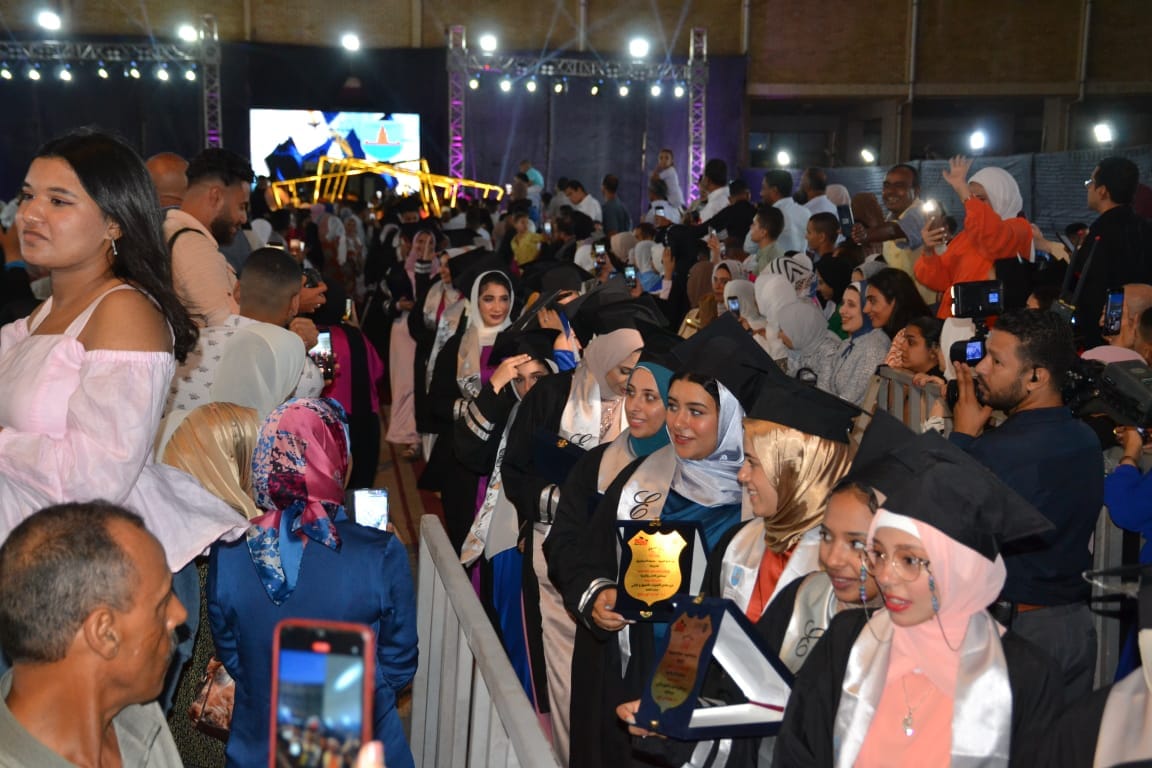
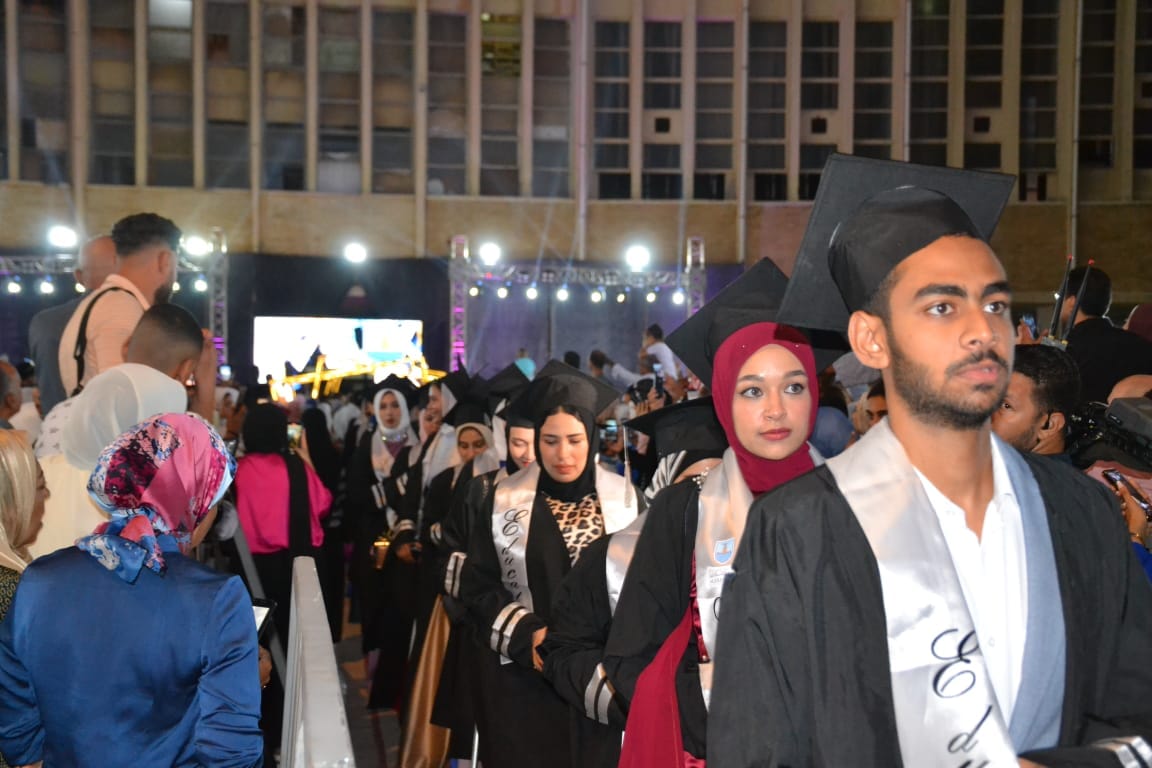
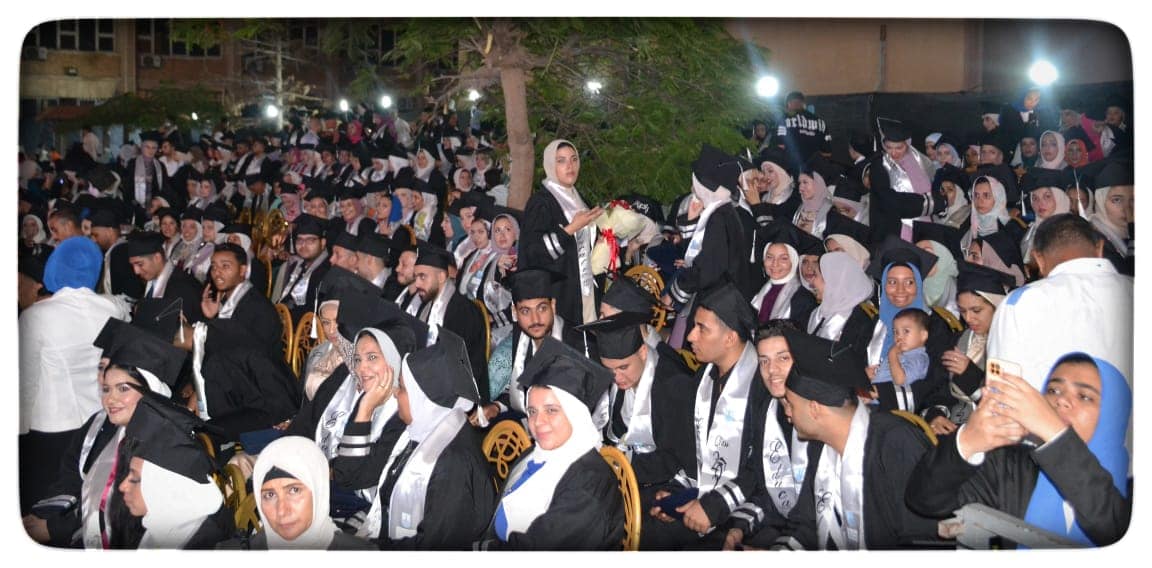
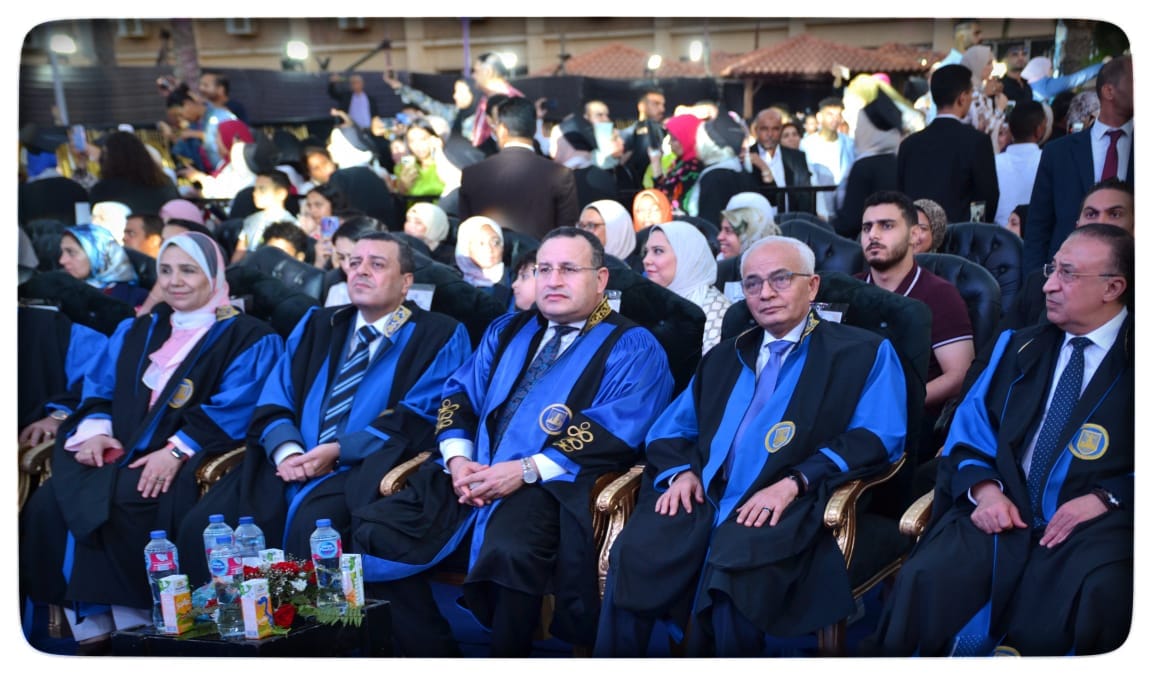
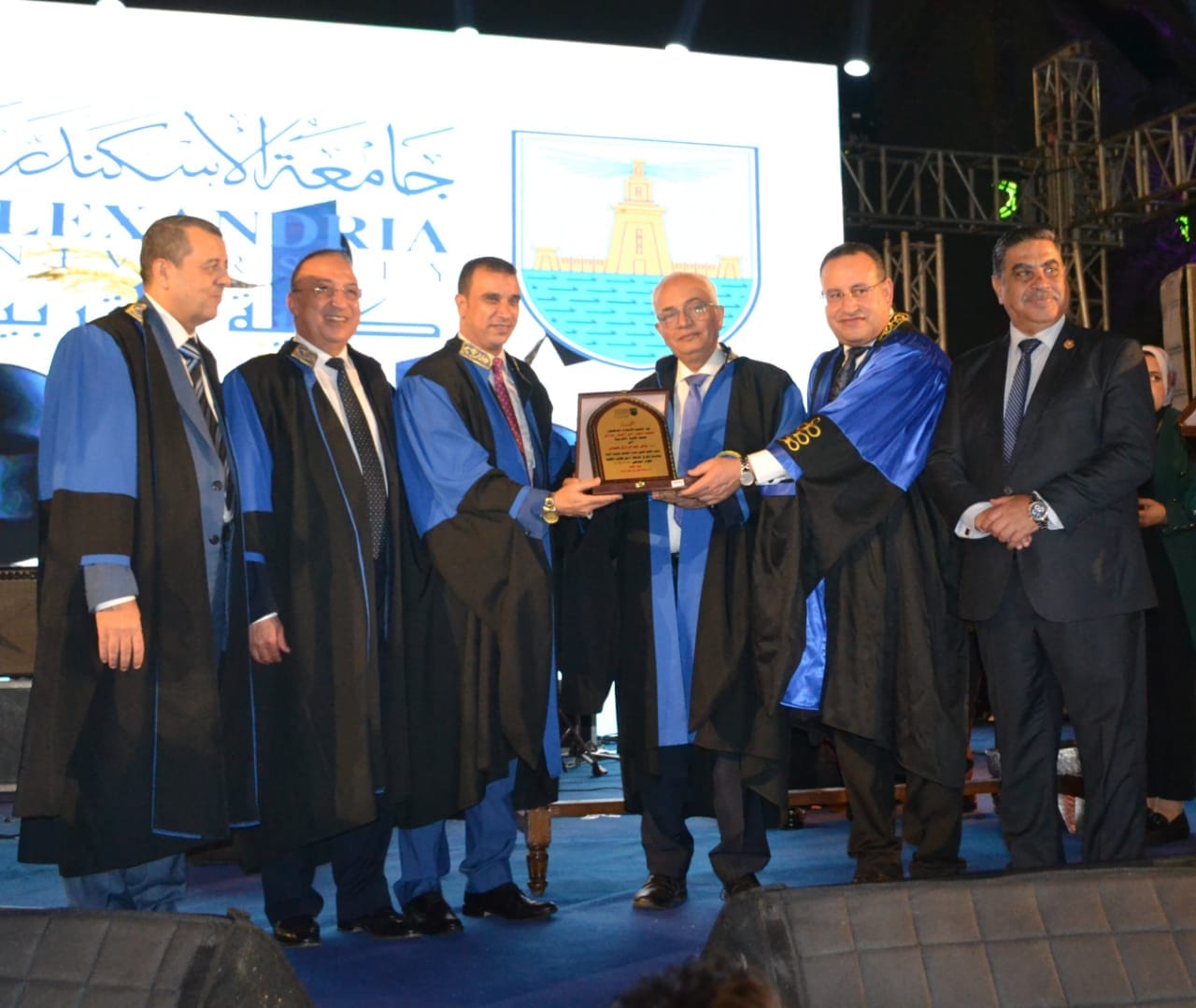
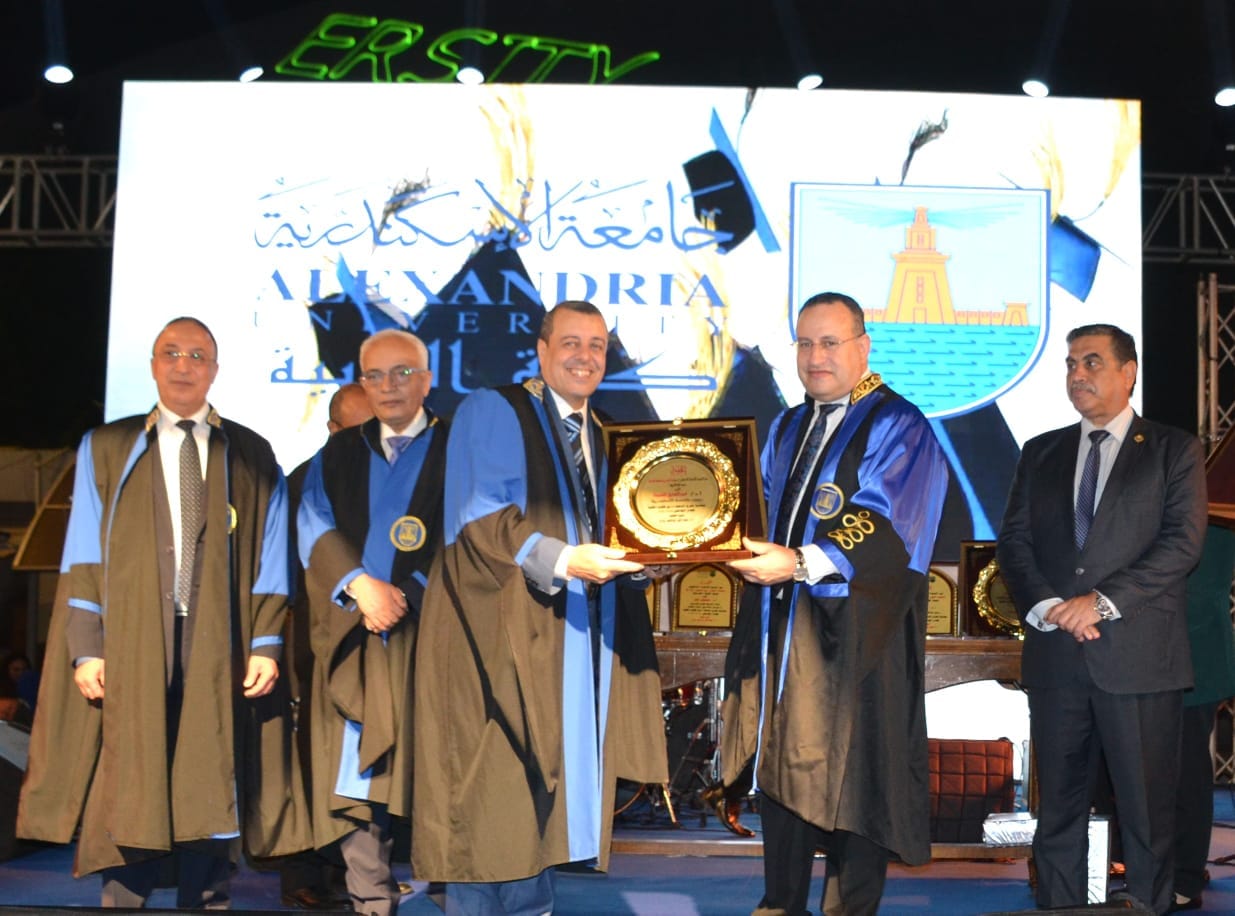
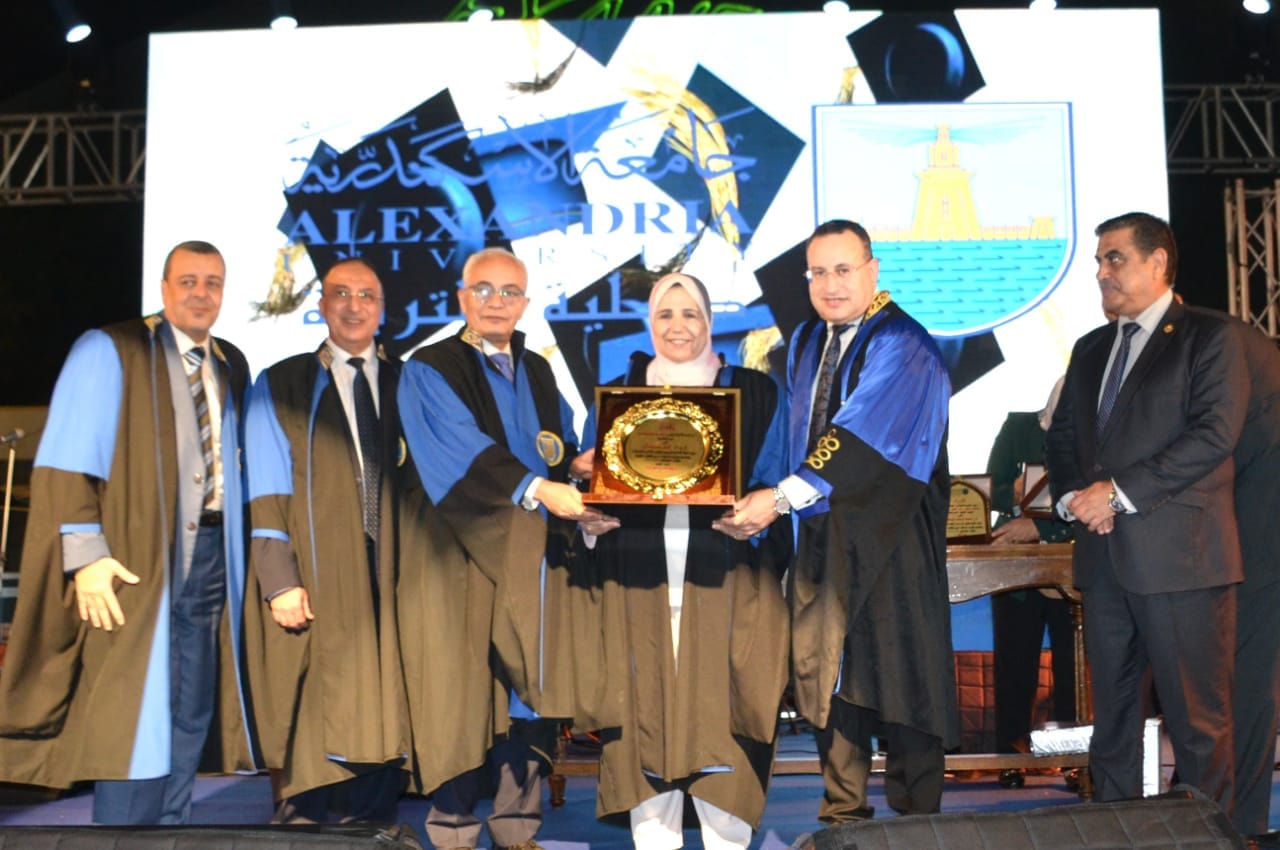
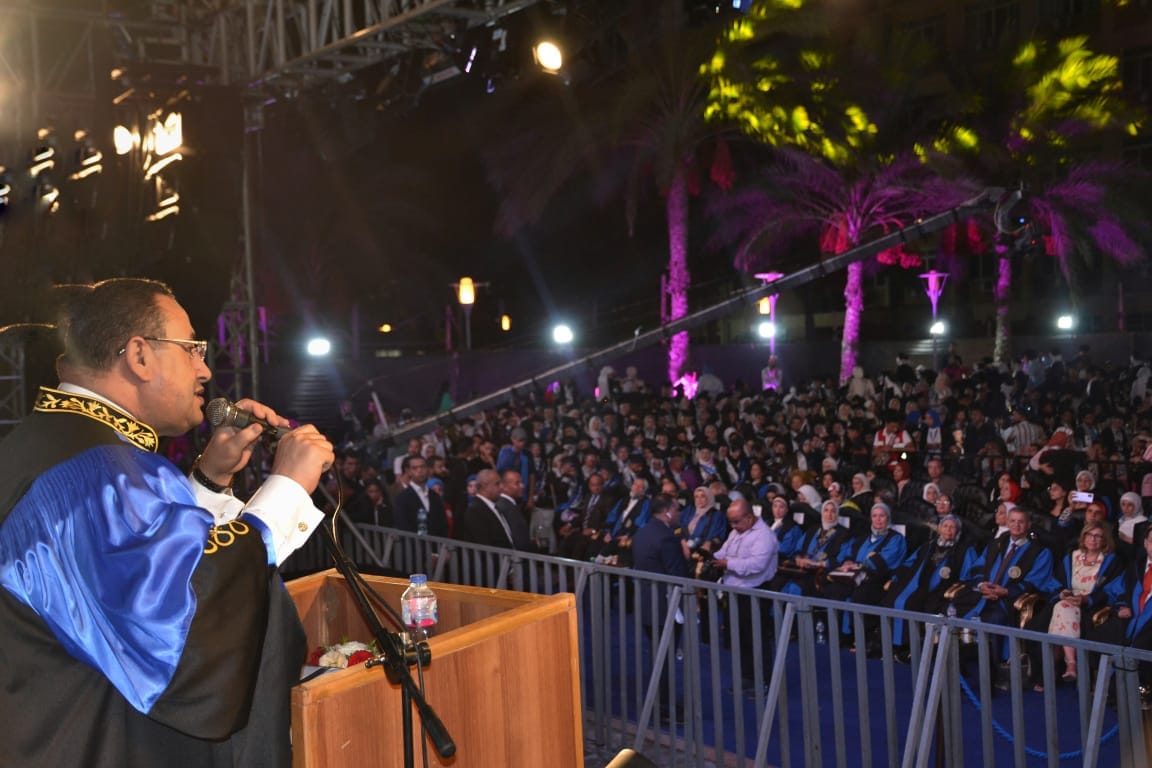
Conclusion of Fourth Arab Youth Forum for Entrepreneurship at Faculty of Economic Studies and Political Science


Faculty of Engineering Launches Joint International Master’s Program with the University of Louisville, USA
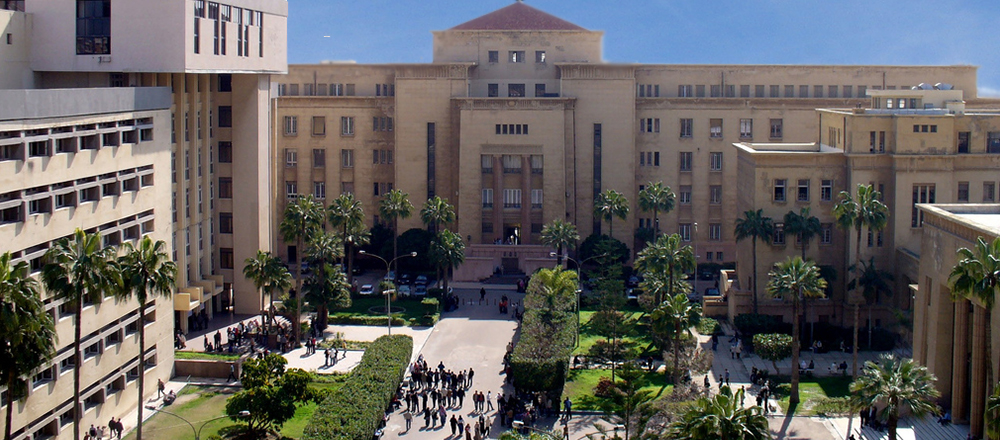
Under the auspices of Professor Dr. Abdelaziz Konsowa, President of Alexandria University, the Faculty of Engineering organized an introductory session for the joint international Master’s program with the University of Louisville, United States of America. The session was attended by Professor Dr. Walid El-Borqi, Dean of the Faculty of Engineering; Professor Dr. Ayman El-Baz, Chair of the Department of Bioengineering at the University of Louisville; Professor Dr. Gehan Gouyfel, Assistant to the University President for Education Internationalization and International Branches; Dr. Tamer Helmy, Director of Engineering Programs at Alexandria National University; Dr. Ahmed Sherif, Director of Computer Science Programs at Alexandria National University; and Dr. Ahmed El-Tarras, Head of International Relations at the Faculty of Engineering.
The event witnessed a large turnout of students and graduates eager to pursue internationally oriented postgraduate studies. The details of the program were presented, highlighting its unique opportunity for students to obtain a Master’s degree in Engineering Sciences across various disciplines.
According to the program structure, students begin their studies by completing 6 credit hours at Alexandria University, before proceeding to complete an additional 24 credit hours at the University of Louisville. This provides a unique opportunity to obtain a prestigious academic degree while gaining an enriching international educational experience.
Faculty of Agriculture Organizes Symposium on Meat Production,Food Safety, and Climate Change


 English
English